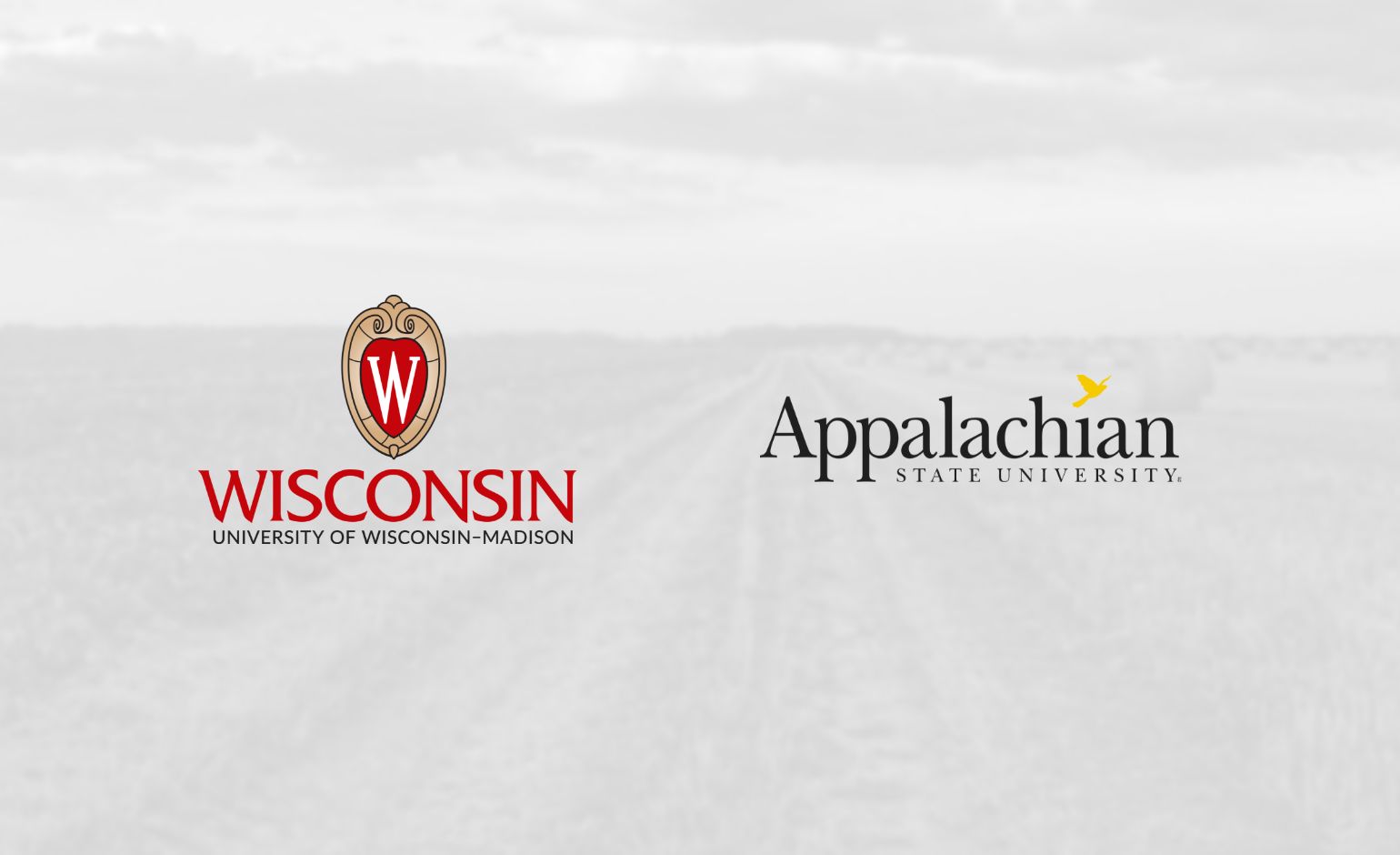
Support Rural Postsecondary Education and Workforce Training
At the heart of Ascendium’s philanthropy is a commitment to those students and institutions frequently overlooked by postsecondary education reforms in America. Education reforms — and coverage of those reforms — often focus disproportionately on urban institutions with greater numbers of students. This distorts what we understand about both colleges and their students. It also exacerbates America’s growing urban-rural divide.
We’re extremely grateful to the group of experts with personal and professional experience in rural postsecondary education who joined us this year to develop a National Rural Postsecondary Research Agenda. Produced through the collaborative effort of a diverse group of researchers and organizations, this Ascendium-supported agenda focuses on generating research and knowledge that can help practitioners and policymakers remove systemic barriers faced by rural learners, particularly those from low-income backgrounds. We envision that the agenda will lay the groundwork for applied research collaborations that yield actionable insights for those studying and providing postsecondary education in rural areas of the U.S.
By funding this and other data infrastructure projects, we hope to change the narrative about rural postsecondary education and the research surrounding it. We regularly engage with partners and field leaders to better understand how we might support rural institutions during this unique moment in time, and we’re striving to better understand the ways in which rural learners have been disproportionately impacted by the COVID-19 health crisis.
Featured Grants
Training Low-Income Workers for Remote Opportunities
$535,000
The COVID-19 health crisis has decimated low- and middle-skill jobs in rural Maine, and many residents in these areas lack the technical remote working skills needed to be competitive in accessing high-wage, high-mobility jobs. That’s where The Foundation for Maine’s Community Colleges comes in. With Ascendium’s support, The Foundation will build and implement a statewide training program to prepare rural residents for success in such roles. Over three years, the program will train 700+ learners and establish an employer-driven Maine Advisory Council on Remote Working. It’s all in service of increasing credential completion and job placement for rural learners through capacity building, networks and evidence building.
Building Rural Community Learning Systems
$750,000
Rural communities nationwide, while possessing many assets, have largely been left out of national initiatives designed to improve postsecondary education and workforce training outcomes. That’s why we’re supporting Columbus, Indiana-based CivicLab in launching and providing training and technical assistance to a cohort of six to eight rural community partnerships. These partnerships, comprised of postsecondary institutions, workforce systems and other community stakeholders, will build the capacity of rural communities to help more learners from low-income backgrounds earn in-demand degrees and credentials.
Leveraging Arkansas Community Colleges to Support Economic Development
$240,000
Over the past two years, with Ascendium’s help, Rural Local Initiatives Support Corporation (LISC) has supported the development of 11 workforce collaboratives nationwide committed to building and implementing workforce pathways that allow rural learners from low-income backgrounds to earn credentials and successfully transition to the workforce. This grant supports Rural LISC in providing technical assistance to the Arkansas Association of Community Colleges to help institutions statewide serve as leaders for regional workforce development partnerships. As a result, community colleges will be able to better train employers to use local/regional labor market data to create pathways that lead to employment and upward socioeconomic mobility for rural learners.
Featured Story

In order to support a population, you have to be able to define it. While attempts to better understand the collegiate experiences of learners from rural communities have increased in recent years, researchers have lacked the tools to identify the colleges and universities that serve these learners.
We supported an initiative at the University of Wisconsin that sought to fill that need. University researchers, leveraging public data, worked to define what it means to be a rural-located institution, compile a list of institutions meeting that definition and analyze how demographic and socioeconomic trends have impacted those institutions. A second Ascendium-funded project at Appalachian State University looks at institutions within commuting distance of rural areas to help identify rural-located institutions, as well as those that serve a significant proportion of rural learners.
The definition and mapping tools created through these initiatives provide an unprecedented look at rural learners and the ways in which demographic shifts impact both “rural-located” and “rural-serving” institutions. We hope that findings from these resources will be accessed widely so that institutions and system leaders and policymakers can make informed decisions and find solutions that improve educational outcomes for all learners, including those from low-income backgrounds.
Listen to Dr. Nicholas Hillman, Professor in the School of Education at the University of Wisconsin-Madison, discuss the exciting potential of these tools on the Ascendium-supported Rural Matters podcast.




